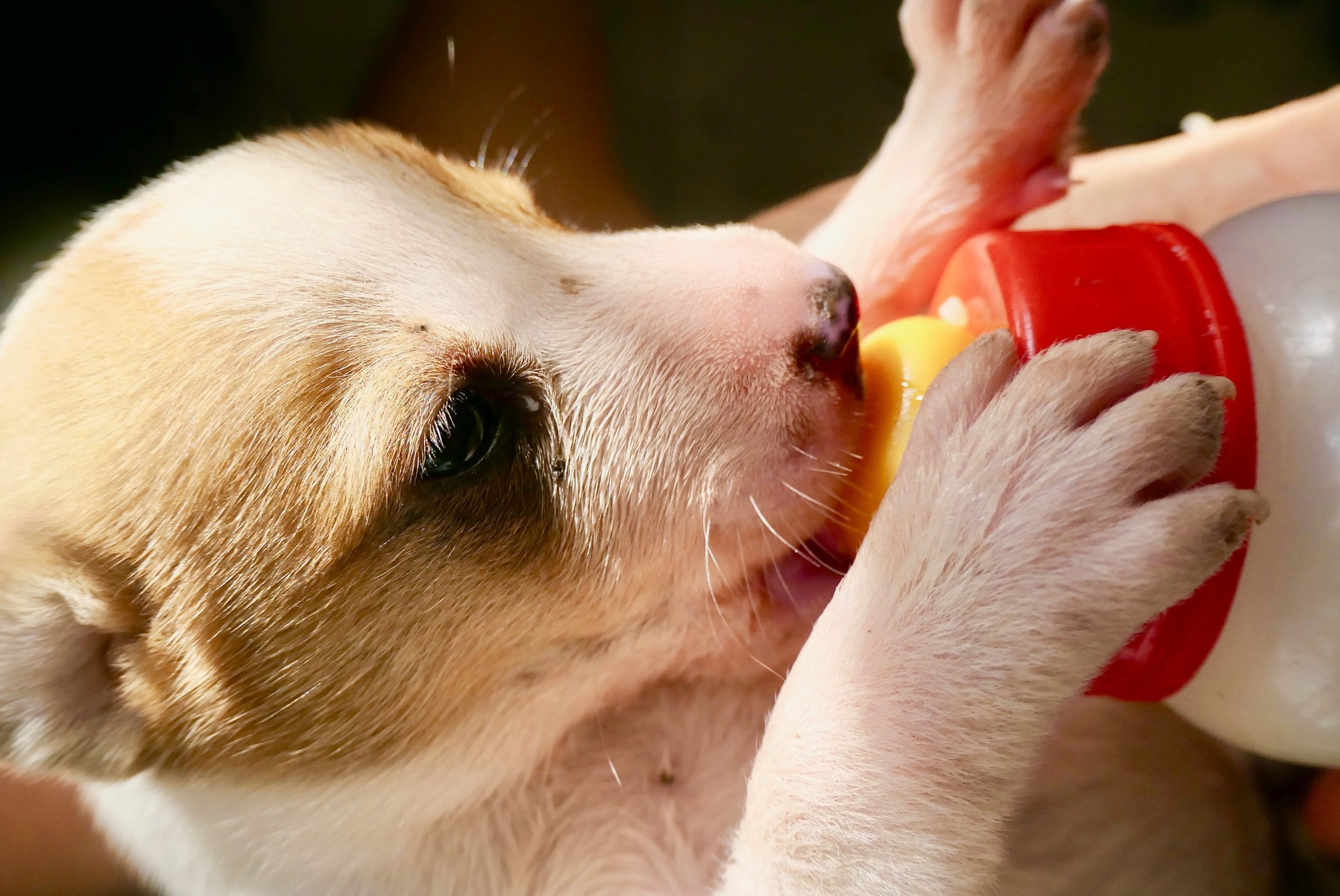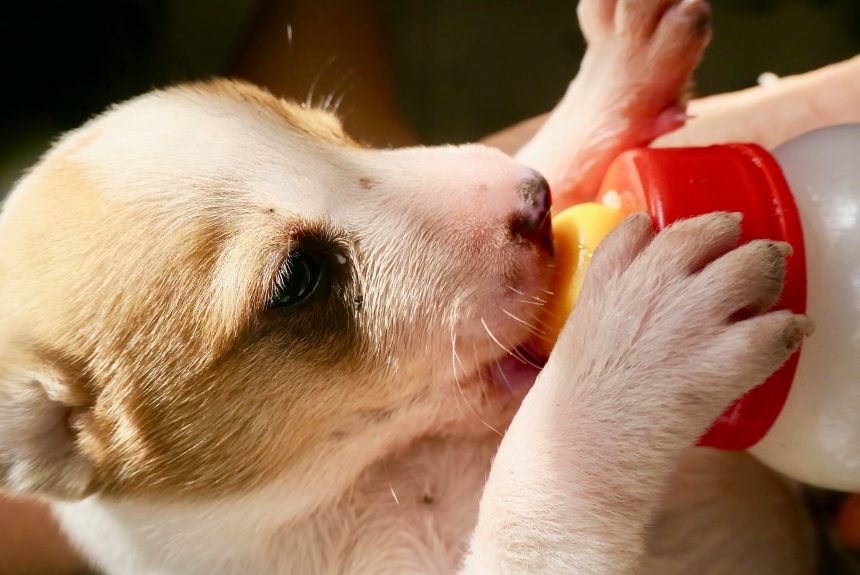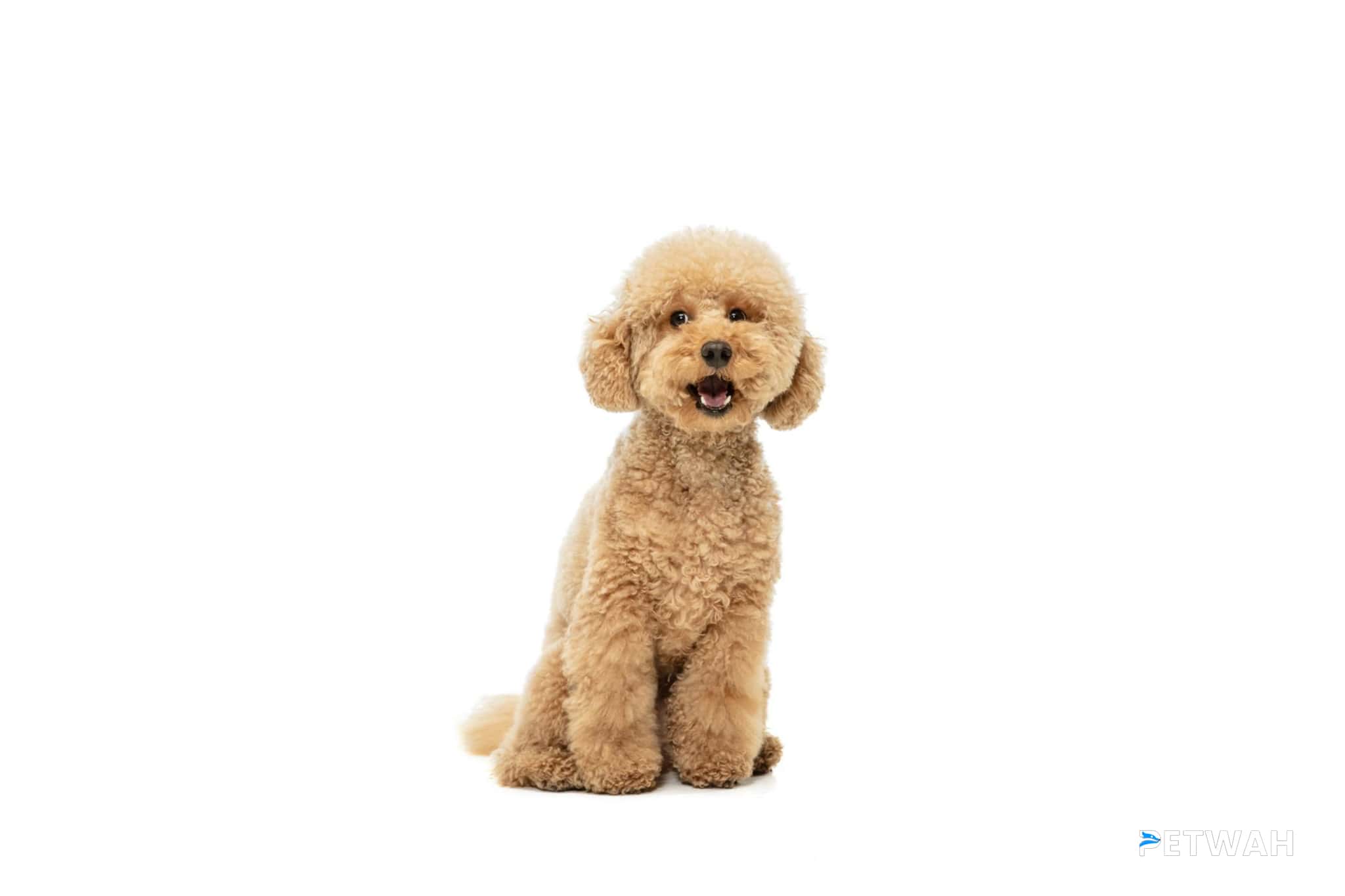Many dogs can safely consume milk in small amounts, but others are lactose intolerant, which means their digestive system does not produce sufficient levels of the enzyme called lactase, which is responsible for breaking down sugar, or lactose, in milk.
According to VCA Animal Hospitals, dairy products are a major source of adverse food reactions in dogs. The severity of each reaction depends on the ability of the dog’s digestive tract to process lactose and the amount of sugar present in a particular food or drink, as levels vary depending on how the dairy product was prepared. Some dogs can’t drink milk because it’s very high in sugar, but they tolerate other types of dairy products (like cottage cheese) well because they contain much less lactose.
What causes lactose intolerance in dogs?
Lactose intolerance is caused by undigested sugar molecules passing through the gastrointestinal (GI) tract because they cannot produce enough enzymes to break down absorbed nutrients into the bloodstream. When it enters the colon, the water is absorbed by undigested sugar molecules, leading to loss of water in the tissue walls, inflammation of the colon, and diarrhea consisting of loose, watery stools, a condition also known in the United States as puppy colitis.

Why can puppies drink milk?
The reason puppies can drink milk, even though many adult dogs cannot, is that puppies are rich in the enzyme lactase, which breaks down breast milk during nursing.
Once weaned, their body produces fewer enzymes to meet its new nutritional needs, in which case many dogs develop intolerances.
Golden Retriever Puppies Nursing in Grass
Puppies can strictly drink mother’s milk as it is rich in antibodies and nutrients needed for healthy development. Milk and other dairy products can have a detrimental effect on a puppy’s fragile digestive system.
But what happens when a puppy is orphaned? In situations where a safe alternative to breast milk must be found, commercial alternatives are a better choice than cow’s milk for puppies.
This is because dog milk is higher in calories and essential protein, and is easier for puppies to digest than dairy products. Always consult your veterinarian before choosing the right milk substitute for your new born puppies
Pets can’t tell us when they’re not feeling well, so it’s important to observe their behaviour to recognize clinical signs of illness, including adverse reactions to food. Symptoms of lactose intolerance in dogs range from mild to severe and most commonly manifest as:
- Loose stools
- Diarrhea
- Vomiting
- Bloating
- Gas
- Abdominal pain
- Dehydration
- Dehydration
times, pet owners are unaware that their dog cannot drink milk until their dog clearly shows symptoms of lactose intolerance after consuming dairy products.
However, some dogs show only mild intolerance with less obvious symptoms. A veterinarian’s diagnosis is the only way to determine if your dog can drink milk without problems, but if you notice any of the following red flags, you may be able to recognize them:
Diarrhoea in Intolerant Dogs lactose usually occurs between 12 hours of consumption of dairy products by minors.
Sudden drooling or licking of surfaces due to bowel changes may be a sign of nausea.
If your dog has excessive gas or seems more bloated than usual, it may be due to an increased amount of gas produced by bacteria during the fermentation of sugar in the gut.
Sudden weight loss can occur if a change in your dog’s appetite causes him to eat less to avoid gastrointestinal problems.
In other cases, lactose intolerance can be confused with a dog’s dairy allergy, which refers to an inability to tolerate milk protein, and can be more serious. In addition to the above symptoms, a dairy allergic dog may exhibit the following signs:
- Skin redness, irritation
- Itching and scratching
- Hives
- Facial swelling
- Milk breath
If you notice any of these adverse reactions to your veterinarian, please call your veterinarian and go to a local veterinary hospital immediately. This can lead to anaphylactic shock, a medical emergency that can be fatal without proper treatment.
Is milk bad for dogs?
Many dogs are lactose intolerant to some degree, but dogs with strong stomachs who are not dairy sensitive should still be very judiciously offered lactose.
Although they can tolerate sugar and protein, whole milk is high in fat and can still cause vomiting and diarrhoea. It is also high in calories due to its fat and sugar content, so if dogs drink milk or eat dairy products regularly, they may develop obesity or pancreatitis.
In addition to possible long-term health consequences, dogs can safely drink milk as long as they are not allergic to dairy products and that they are fed in small quantities. To be on the safe side, always consult your veterinarian before introducing any new food into your pet’s diet.
How much milk can a dog drink?
With vet approval, dogs may have an occasional sip of milk as a treat. Drinking a few tablespoons of milk once in a while probably won’t hurt them, but offering more milk can have both short-term and long-term negative effects.
As with all treats, it’s best to follow the 90/10 rule and limit your pet’s treat intake to lesser than or equal to 10% of their total daily calories.
What kind of milk can dog’s drink?
There are several types of milk drinks, and with the increasing availability of plant-based sources, many pet owners wonder if their puppies can also drink almond milk, oat milk, soy milk and other similar lactose-based beverages.
Can dogs drink almond milk?
Almond milk is one of the most popular plant milks, but can dogs eat almonds? Although these nuts are not toxic to dogs, dogs generally do not digest them well. Almonds are also high in fat, which can lead to weight gain and pancreatitis if eaten in large amounts. But it can be consumed in smaller amounts.
However, it should be fine if you offer a small amount of almond milk (a few tablespoons) once in a while.
Be sure to read the ingredient list on almond milk to see if it contains added sugar or xylitol, an artificial sweetener that is very harmful to dogs.
Can dogs drink oat milk?
Oat milk is another plant-based dairy alternative that dogs can safely drink in small amounts, as large amounts can be difficult to digest. Oats are non-toxic to dogs, so they can be a good lactose substitute for weaned puppies who like the taste, as well as dogs who need extra calories to meet their nutritional needs. The puppy eats a bowl of oat milk.
Can dogs drink coconut milk?
Coconut milk will not harm your pet if consumed in small amounts. Dogs can eat coconut because it provides many different benefits – from a softer, shinier coat to reduced skin irritation – but keep in mind that coconut contains oils that can cause problems with the gastrointestinal tract if dogs eat too much inflammation and diarrhoea.
Always check the ingredient list before serving coconut milk to your dog, as some brands of coconut milk may be overly processed and contain additives that your dog does not need.
Can dogs drink soy milk?
Dogs generally digest soy products very well, so a moderate amount of soy milk is safe for dogs.
In fact, many commercial dog foods contain soy ingredients.
This plant-based, dairy-free milk alternative contains proteins called isoflavones, which are known to lower cholesterol in humans and, according to anecdotal evidence, may help treat urinary incontinence in dogs.
Can dogs drink goat’s milk?
As with all dairy products, moderation is key.
If you have liked this article or if you have found this helpful, please do comment and share it among your friends who are not sure about if they can feed whole milk to their dogs. Read more articles related to pets/dogs on our website.
Please follow us on Social Media







